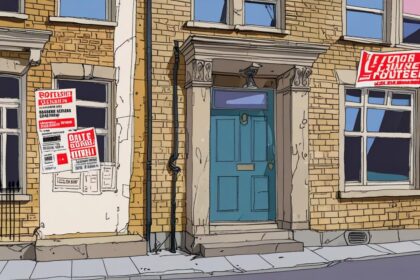As the London mayoral election approaches, incumbent Sadiq Khan is ahead in the polls, focusing on environmental strategies, while his main rival, Conservative Susan Hall, counters with a community safety agenda.
In the upcoming London mayoral election, incumbent Sadiq Khan of the Labour Party is leading the polls against Conservative candidate Susan Hall, with recent figures showing Khan at 43% to Hall’s 30%. This 13-point lead continues Khan’s dominance in the city’s political landscape as he aims for an unprecedented third term.
Khan has been proactive in addressing environmental concerns, unveiling a climate action plan that includes a £2 million initiative to install solar panels on school roofs, aiming for London to achieve net-zero emissions by 2030. He has flagged Hall’s approach to environmental policies as “Trumpian,” specifically criticising her opposition to expanding the ultra-low emission zone (Ulez). Khan’s campaign further emphasizes a shift towards a 100% zero-emission bus fleet by 2030 and an increase in electric vehicle charging points.
Contrastingly, Hall has expressed resistance to Ulez expansion, proposing instead a £50 million fund to tackle pollution hotspots. Hall’s campaign takes a stance against what they call the incumbent’s “pay-per-mile” scheme, which Khan denies. Hall, who is focusing on community safety, has promised to boost the Metropolitan police force by 1,500 officers and establish two police “bases” in each of the 32 boroughs. Additionally, during her campaign stop in Golders Green, she addressed community concerns about rising antisemitism.
In the wider mayoral race, other candidates have brought forward distinct policies. Liberal Democrat Rob Blackie has proposed creating a ‘London Housing Company’ aimed at developing homes on publicly-owned land with a focus on key workers, while Green Party’s Zoe Garbett and Reform UK’s Howard Cox are also in the running but trail behind in the polls.
As the election draws near with polling day set for May 2nd, Londoners are presented with contrasting visions for the city’s future, ranging from climate action to police reform and housing solutions.













